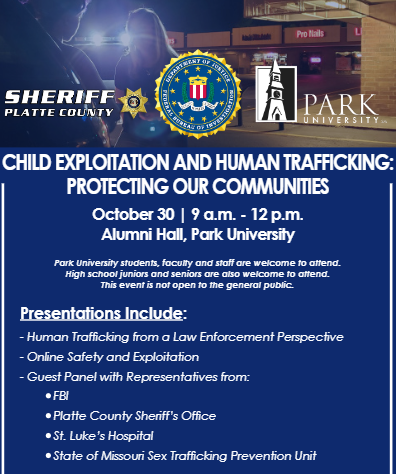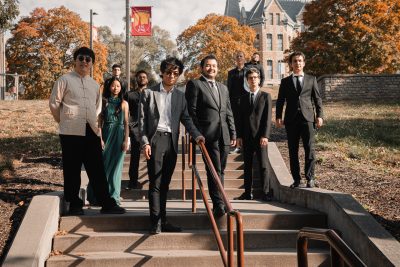Free Speech VS. Safe Space
What is safe space?
A safe space is defined as a place or an environment where people regardless of ethnicity, religion, gender or socioeconomic background can trust they will not be exposed to discrimination, criticism or be subjected to physical and emotional harm or harassment. Park University is a safe space as it prides itself on inclusivity, safety and the fair treatment of all students and faculty member.
Students at Park University have the right to learn in an environment that is free of discrimination based on sexual orientation, race, color, marital status and veteran status.
However, the First Amendment protects free speech. It protects the right of individuals to freely express themselves without fear of being constrained or punished by the government.
The First Amendment states that “Congress shall make no law… abridging freedom of speech.” It’s the most important part of the First Amendment. If free speech is part of the First Amendment does that give me the right to say anything I want, anywhere I want? The answer to that question is no.
“Freedom of speech is the ability to speak freely but in a respectful way,” said Karie Schaefer, the director of Residence Life at Park University. “It’s about doing so respectfully and using you words wisely.”
The First Amendment does not protect against hate or speech that would incite violence or make threats.
Freedom of speech does not include the right to actions that would harm others or the right for students to use obscene speech at a school-sponsored event.
Freedom of speech does not allow you to yell fire in a crowded building, to write racial slurs in the school public restrooms or to verbally attack a student in class because of their sexual orientation.
“Because we are a university, there are boundaries within free speech just like we have a Code of Conduct,” Shaefer said. “Even though free speech is a thing, you can’t just say what you want.”
These beliefs can be found in the Park University values of civility and respect, as well as inclusivity.
The university may impose consequences or sanctions if boundaries are crossed. Consequences can be as lenient as a warning or as critical as expulsion from the university. Students can refer to the Code of Conduct which is posted on the university’s website.
Your donation will support the student journalists of Park University. Your contribution will allow us to cover our annual website hosting costs, freeing up other funds for equipment, printing and training.






